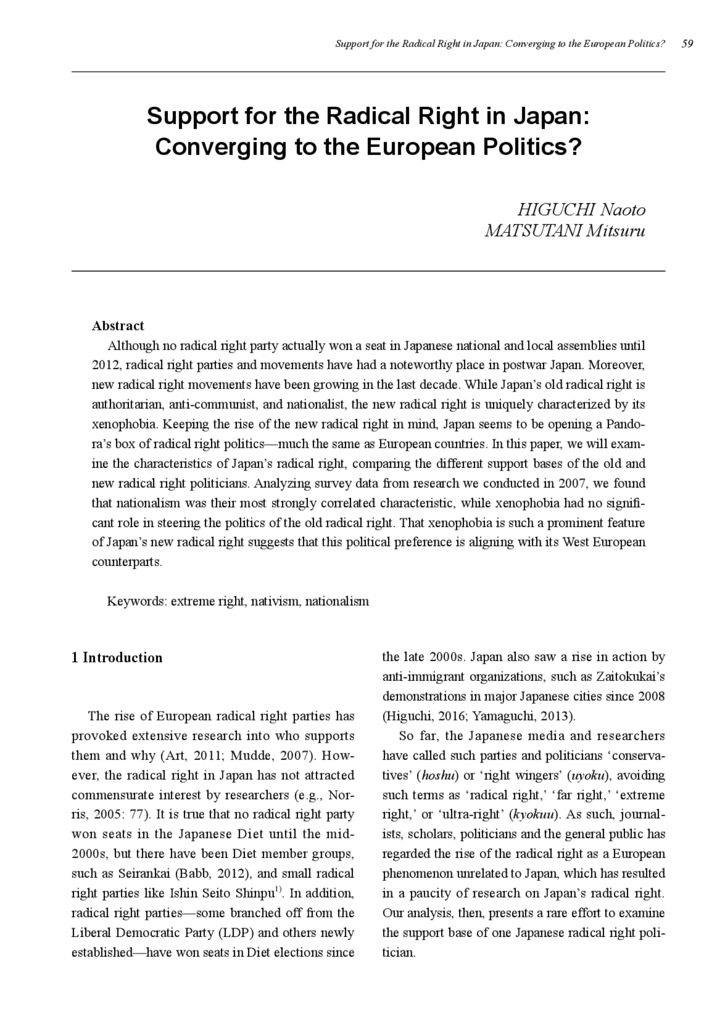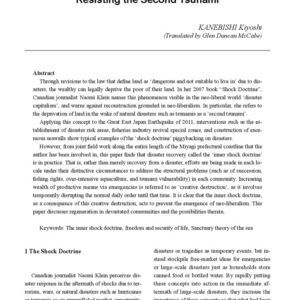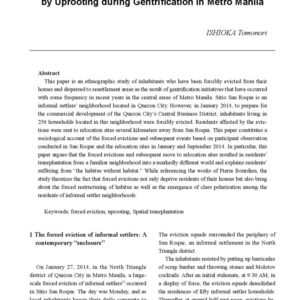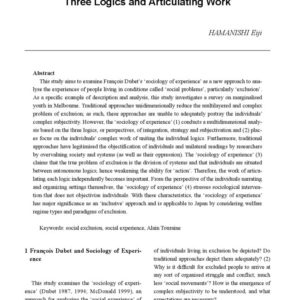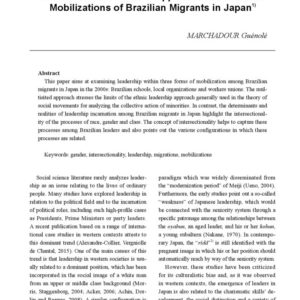Description
Although no radical right party actually won a seat in Japanese national and local assemblies until 2012, radical right parties and movements have had a noteworthy place in postwar Japan.
Moreover, new radical right movements have been growing in the last decade.
While Japan’s old radical right is authoritarian, anti-communist, and nationalist, the new radical right is uniquely characterized by its xenophobia.
Keeping the rise of the new radical right in mind, Japan seems to be opening a Pandora’s box of radical right politics—much the same as European countries. In this paper, we will examine
the characteristics of Japan’s radical right, comparing the different support bases of the old and new radical right politicians. Analyzing survey data from research we conducted in 2007, we found
that nationalism was their most strongly correlated characteristic, while xenophobia had no significant role in steering the politics of the old radical right.
That xenophobia is such a prominent feature of Japan’s new radical right suggests that this political preference is aligning with its West European counterparts.

